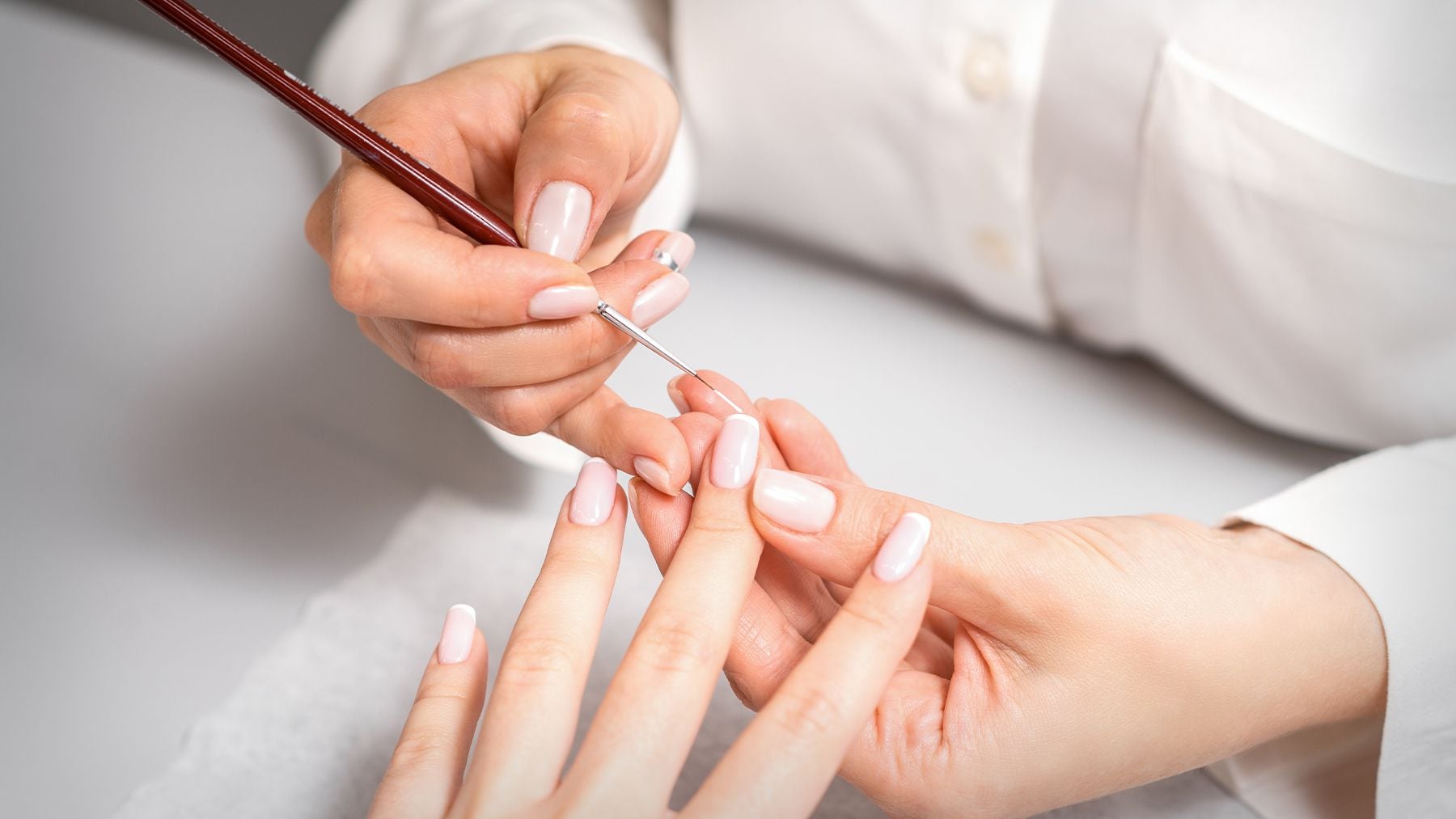
The UK’s competition watchdog, the Competition and Markets Authority (CMA), has issued an open letter to nail technicians after a campaign called National Nail Tech Price Increase Day began to gain steam online.
The campaign, led by the trade body Nail Tech Org (NTO), claims that member nail technicians make on average just under £7 ($8.88) an hour, once costs such as rent, energy, insurance and products are factored in. The national minimum wage in the UK increased to £11.44 ($14.51) in April.
More than 5,000 technicians came together as part of the campaign to raise their prices on Monday. The same day, the CMA issued an open letter, stating that it wishes to remind all businesses in the nail services industry that they must comply with competition law.
”In particular, we want to underline that businesses must set their prices independently and that competitors should not discuss or coordinate among themselves the timing or amount of any price increases (whether directly or through a trade body or other membership organisation),” said the CMA.
Amy Guy, the founder of the NTO, told the BBC that any price increases would be dependent on individual businesses, that not every nail technician would increase them and that the campaign was to educate nail technicians about building a sustainable, fair business.
The U.K has been exposed to soaring energy costs following Russia’s invasion of Ukraine in 2022, while the cost of living crisis has put downward pressure on consumers’ discretionary spending. At the same time, time-intensive services such as builder gel or acrylic manicures have grown in popularity.
While the CMA has not conducted a formal investigation, it said it had been in touch with Guy. Competition law breaches can attract fines, and the disqualification of company directors.
Learn more:
Lashes, Brows, Botox: How Much is Too Much?
No longer the domain of the elite, lash extensions, brow treatments, injectables and more have become part of mainstream consumers’ beauty maintenance routines. But online backlash is brewing against growing pressure for elaborate upkeep.



